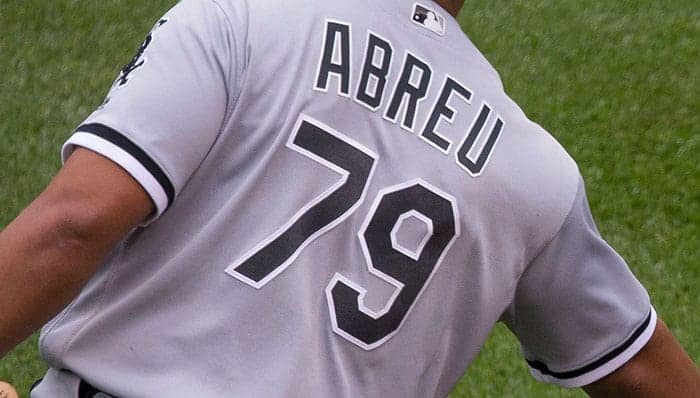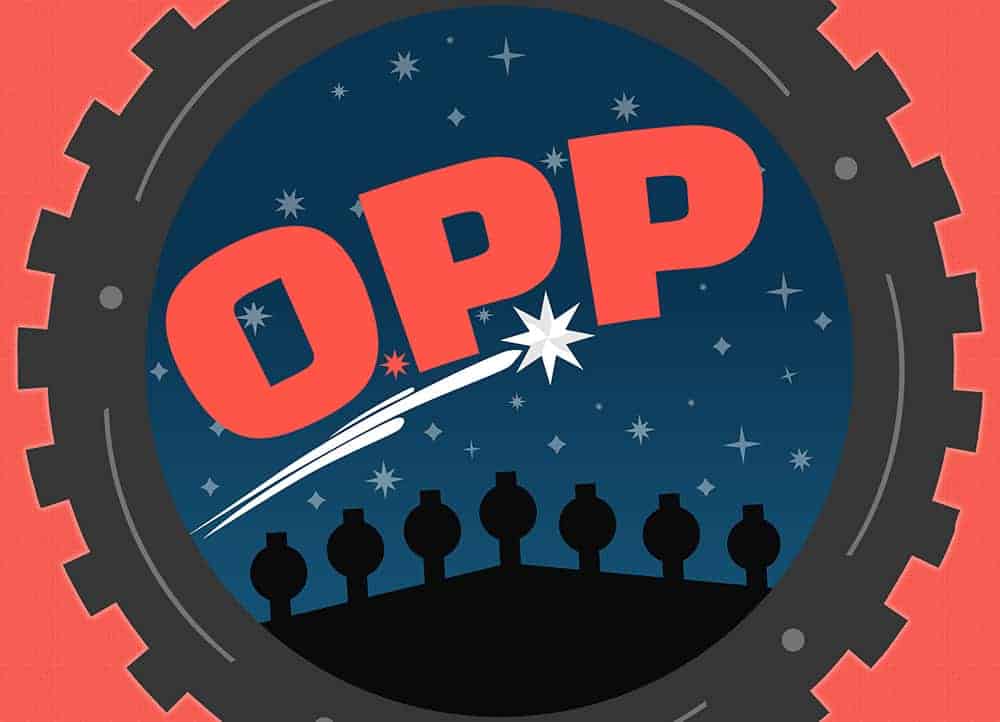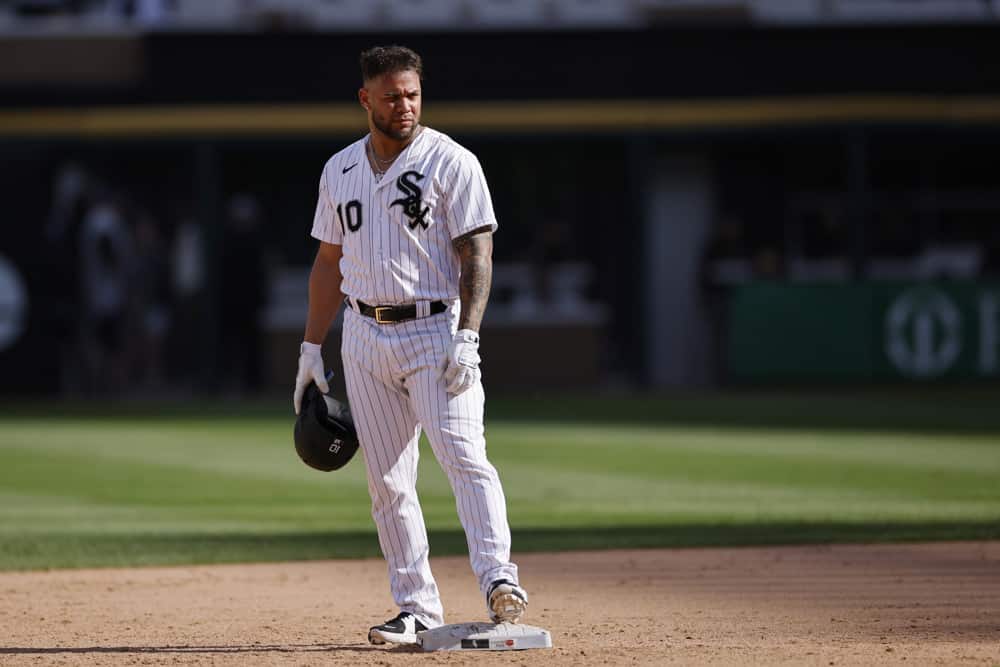At various points over the season, Jose Abreu expressed his desire to stay with the White Sox in the most uncommon terms. He said he would sign himself to the White Sox if the Sox didn't, and that he would play "for free."
Yet while he ran the risk of overextending himself, he also put an onus on the White Sox by saying Jerry Reinsdorf promised that Abreu would never wear another jersey, a statement the White Sox didn't try to deny.
Rick Hahn, caught in the middle, tried to defuse any tension by saying business schools weren't going to teach this episode in negotiating classes.
But after Abreu signed a three-year, $50 million extension that few if any teams would have ponied up while the qualifying offer was attached to him, maybe scholars should explore whether his tactics have staying power, or whether a Kellogg degree just doesn't mean what it used to.
While the White Sox's landmark-for-them signing of Yasmani Grandal was largely lauded by the baseball community, the Abreu extension wasn't received with nearly as much enthusiasm.
Ben Clemens of FanGraphs also picked up on this part in his analysis of the signing...
If you’re feeling uncharitable, you might impugn Chicago’s process. Abreu was an All Star, received MVP votes, and led the AL in RBI. In a previous era, no one would question this deal (assuming the money were era-adjusted). It’s tempting to say that the Sox are stuck in the past, the front office equivalent of a Hall of Fame ballot blank save for Jeter — that signing Grandal was a rare moment of timeliness from a broken clock.
... but then he also tried to give the hefty intangible argument equal time.
But to me, that’s a poor reading of this story. José Abreu and the White Sox aren’t a random player and team. Their relationship is complex, and painting this as solely a pay-for-production decision simply doesn’t capture the totality of what this deal means. From a pure numbers standpoint, the deal may not stand up — but that’s not what this contract is all about.
Longtime White Sox observers know what this contract is all about. It's partially about production, partially about his mentorship of Cuban players and other clubhouse value, and partially a feature/bug of any Reinsdorf-owned team this decade.
It's hard to criticize Abreu for earning too much considering he's been one of the few reasons to watch the White Sox over his career. It's also hard to ignore the times Reinsdorf's loyalty has interfered with the club's baseball decisions to the club's detriment. Paul Konerko's forced-fit swan song interfered with the Sox's ability to give Marcus Semien playing time, and the unwillingness to fire Robin Ventura rendered the idea of stronger leadership during the Chris Sale era nothing more than a thought exercise.
In a vacuum, one could argue that retaining fan favorites should sometimes transcend math to serve the ideas of entertainment and the public trust. The problem is that the Sox haven't been good enough to support these asides, which hamstrings their own capacity to entertain. I want to believe Abreu can lead the White Sox to "the promised land" as Grandal said, but for all the Paulie Plaudits, the Sox missed October baseball over Konerko's last six seasons, and the four immediately after. Whatever Konerko offered outside his numbers, it had no material effect on outcomes, and I fear the faith without works could lead them into the same dead end here. I was far from the only one to say the White Sox needed to keep going after signing Grandal, and the Abreu extension doesn't ostensibly help in that department.
The good news is that the Sox signed Abreu to this contract after landing Grandal, which is better than the other way around. Had Abreu signed with no other activity to date, it'd be easy to think the Sox were content with more of the same: The White Sox won't look and act like a big-market team until they get good, but they can't get good, so they don't spend.
Breaking new ground with Grandal suggests the Sox might have an appetite for a bolder direction. The Abreu commitment casts some doubt over how much more they can add, but we still have months before we'll know. Ultimately, I want the Sox to spend like they have the payroll space to carry an inefficient-but-acceptable contract like Abreu's. Maybe they're just doing it out of order? That's a rhetorical question for the time being, but winning the bidding for somebody like Zack Wheeler would push it into requiring a discussion.





